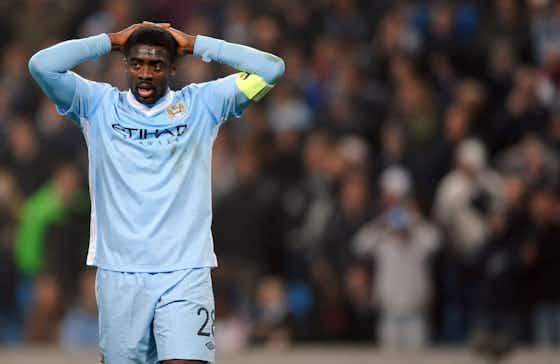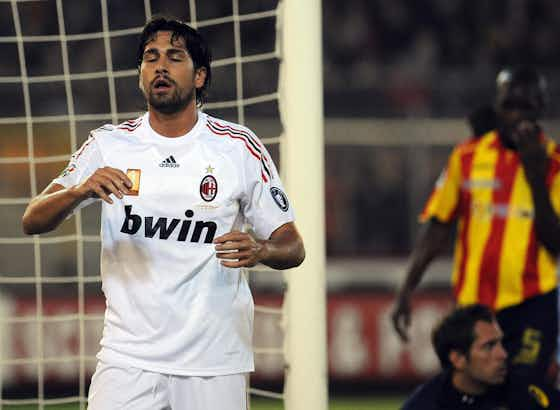OneFootball
Lewis Ambrose·23 August 2023
The Great Debate: What is football's most peculiar ban?

In partnership with
Yahoo sportsOneFootball
Lewis Ambrose·23 August 2023

With Alexis Mac Allister’s suspension overturned and a goalkeeper in Italy handed a one-game ban for blasphemy, talk about players missing games for disciplinary reasons is all the rage.
So for this week’s Great Debate, we’re asking our editors for the most eyebrow-raising, ridiculous, or outright hilarious ban they’ve ever seen dished out in football.

Back in October 2017, Salford City (the club owned by Manchester United’s Class of ’92) took on Bradford Park Avenue in a National League North encounter, and Salford goalkeeper Max Crocombe was sent off for urinating behind his goal during the game.
The 24-year-old New Zealander had apparently been warned by the referee not to do it, and when he failed to heed that warning he was shown a straight red card and issued with a one-match ban.
Crocombe later apologised, saying he has been in an “uncomfortable position” and made “an error in judgment”.
We’ve all been there.

Kolo Touré was, at times, a colossus for Arsenal. The Ivory Coast international was virtually ever-present during the Invincibles season and helped the Gunners to the Champions League final in 2006.
But the defender’s move to Manchester City three years later didn’t quite work out in the same way, with the central defender eventually getting overshadowed by his younger brother Yaya.
Kolo’s City career was then curtailed in 2011 when he took one of his wife’s diet pills.
Despite Arsène Wenger’s help as a character witness, Touré was given a six month ban and never regained his place in the City XI.

Not so much the ban itself but the excuse given for it by then Milan striker Marco Borriello when he was suspended in 2007 for failing a doping test.
Apparently the reason for the positive result was that his girlfriend had passed on a sexually transmitted disease and the cream administered to treat it reportedly contained a banned substance. It’s certainly a creative justification!
South American football could fill this entire debate but Luis Moreno’s ban for attacking an unofficial mascot in 2011 definitely takes the title.
During a game between Colombian sides Atlético Junior and Deportivo Pereira, the owl mascot swooped down from its home in the hosts’ stadium roof onto the pitch.
After being struck by an in-play ball, Moreno proceeded to kick the stunned bird several feet towards the touchline; an act which later contributed to its death and sparked widespread outcry.
The Panama international received a two-game ban and a $560 fine from the football authorities before environmental officers hit him with a heftier $11,000 and ordered him to carry out community work at a local zoo.
Back in 2018, referee David McNamara left his coin in the dressing room ahead of a Women’s Super League game between Manchester City and Reading.
So what did he do to figure out which team should kick-off? He asked captains Steph Houghton and Kirsty Pearce to play a quick game of rock, paper, scissors.
The FA were understandably upset and McNamara was handed a three-week ban.
It doesn’t get much more peculiar than the longest ban in English Football League history.
Manchester United forward Enoch West faced the long arm of the football law in 1915 when he was banned for life by the FA after being found guilty of match fixing along with seven other players.
However, there was a bargaining deal at play where the FA stated they would rescind the punishment if the players enlisted for their country at World War One.
All the players except for West took the deal and the striker’s ban remained intact for 30 years until he eventually got it lifted in 1945. Sadly at this point he was 59 and his football career was over.






























































